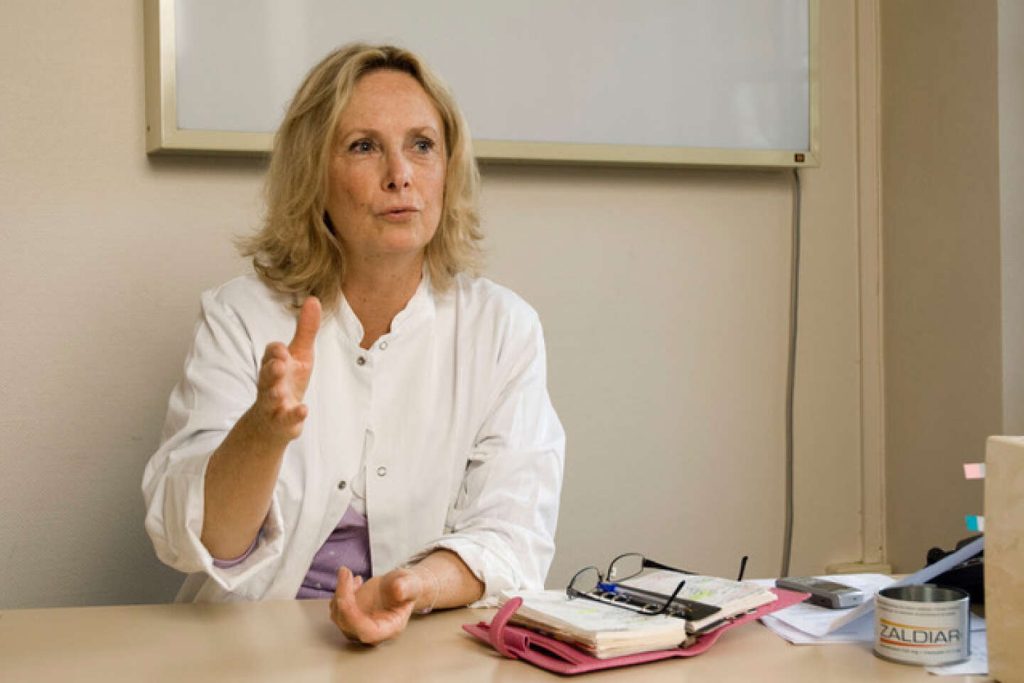Marie Pezé, a psychologist, psychoanalyst, and founder of the network “Souffrance et travail” in France, explains why women are more affected by burnout than men. She argues that women in France often have to adapt to excessive schedules in a work organization designed for men, leading to specific health risks such as cardiovascular, hormonal, and gynecological issues. The concept of burnout has evolved since it was first observed in caregivers in 1974, with current statistics showing that 47% of employees are experiencing suffering at work due to ethical conflicts. Nowadays, the root cause of burnout is not just the intensification of work, but also the idea of doing “dirty work” without adequate time, resources, and staff to perform well.
In terms of physical manifestations, burnout primarily affects the brain, as the mind strives to keep going despite being overwhelmed by demands for excellence and speed with modern technologies. Many patients describe reaching a breaking point where their brain “malfunctions,” leading to incidents such as fainting or even stroke. This highlights how the body, constrained by the rapid pace imposed on it, reaches its physiological limits and collapses. The pressure to perform at a certain speed can have detrimental effects on the body, ultimately resulting in a breakdown.
Studies have shown that women are more susceptible to psychological suffering related to work, experiencing twice the rate of anxiety and depressive disorders compared to men. In a work environment historically designed by and for men, women often struggle to find their place and are forced to juggle multiple responsibilities, including a “double shift” of work and household duties. This burden is further exacerbated by the expectation of presenteeism in French workplaces, where women’s efforts in managing both work and home life are often undervalued and overlooked.
The statistics in the Bulletin épidémiologique from Santé publique France support the long-standing argument from work clinicians that women are disproportionately affected by work-related mental distress. The workplace dynamics, originally tailored for men’s needs, place women in a position of having to navigate their roles within a system that does not fully acknowledge or support their contributions. This unequal distribution of responsibilities and expectations can leave women feeling marginalized and overwhelmed, ultimately contributing to their increased vulnerability to burnout. Despite these challenges, many women continue to strive to find a balance between their professional and personal lives, undeterred by the obstacles they face in the workplace.
In conclusion, the evolving nature of burnout, particularly in how it affects women, sheds light on the need for more gender-inclusive workplace practices and policies. It is crucial for organizations to recognize the unique challenges faced by women in the workforce and to provide support systems that address their specific needs. By fostering a more equitable and supportive work environment, companies can help prevent burnout and promote the well-being of all employees, regardless of gender. Marie Pezé’s work highlights the importance of understanding the gendered aspects of burnout and taking steps to create a healthier and more sustainable work culture for everyone.


